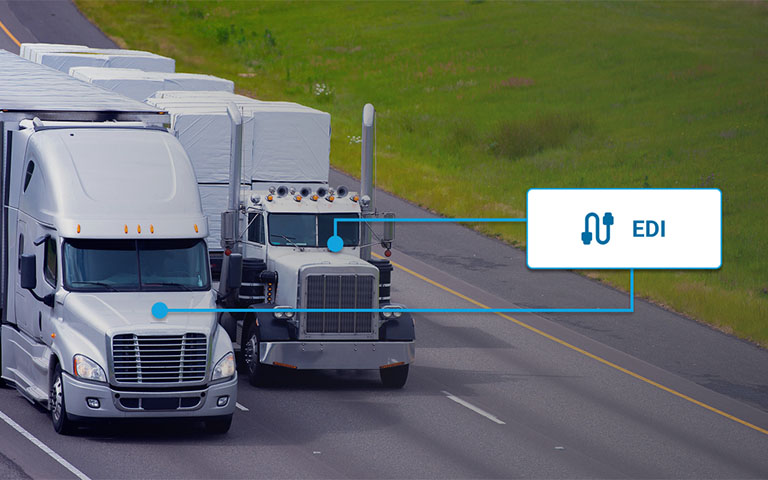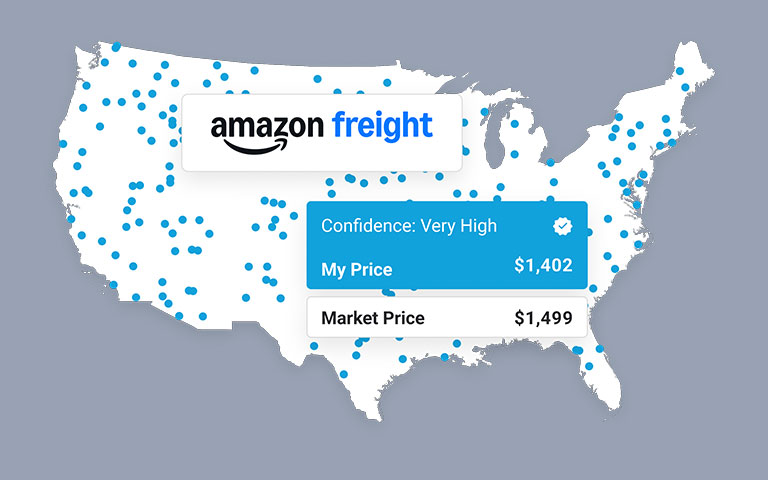Vaccine mandate causing anxiety for large fleets

In a White House document released to the public on Thursday afternoon last week, President Joe Biden laid out the country’s comprehensive strategy to fight back against COVID-19.
One of the most significant of the new requirements is an employer vaccine mandate that medium-sized and large companies with 100 workers or more ensure that all workers are vaccinated while requiring those who are unable or unwilling to be vaccinated to be tested for COVID-19 at least once a week — a measure that is predicted to greatly impact the trucking industry in particular.
The majority of trucking companies have been reluctant to implement vaccine mandates for workers, though some have offered financial incentives for those who choose to get vaccinated. In an industry already facing a worker shortage and challenges with retention, it’s not hard to see why they’ve been hesitant to push too hard. A recent Truckers News poll indicated that one-third of truck drivers would ask to be fired if they were required to take the vaccine, and another 16% said that they would quit their job over vaccine requirements.
This has created a high level of anxiety for larger fleets, now concerned with the possibility of losing a large number of drivers to smaller companies that are not required to follow the mandate. Of even greater concern is the possibility that those leaving may not move to a sub-100-worker company that isn’t even in the trucking industry. With a current shortage of over 60,000 drivers, the possibility of workers not only moving from one company to another, but leaving the industry all together, is greatly concerning.
Of course, there are two sides to every coin. While there are certainly many in the trucking industry who have been resistant to vaccination, there are also plenty of drivers who have expressed concerns about sharing trucks with those who remain unvaccinated. That, paired with the fact that the average age of a commercial truck driver in the country is 55 years old, placing them at greater risk for COVID-19, the mandate has been welcomed by some in the industry.
No matter which way things go, in the short term, it is likely that many larger fleets will experience longer times to fill vacancies and a higher employee turnover. However, the benefits of a safe and healthy workforce could help to bring others into the industry. In either case, the Occupational Safety and Health Administration (OSHA) will need some time to develop its emergency rule for businesses with over 100 employees, and with the requirements not coming into effect immediately, the long-term implications may not be felt for some time.


.svg)








